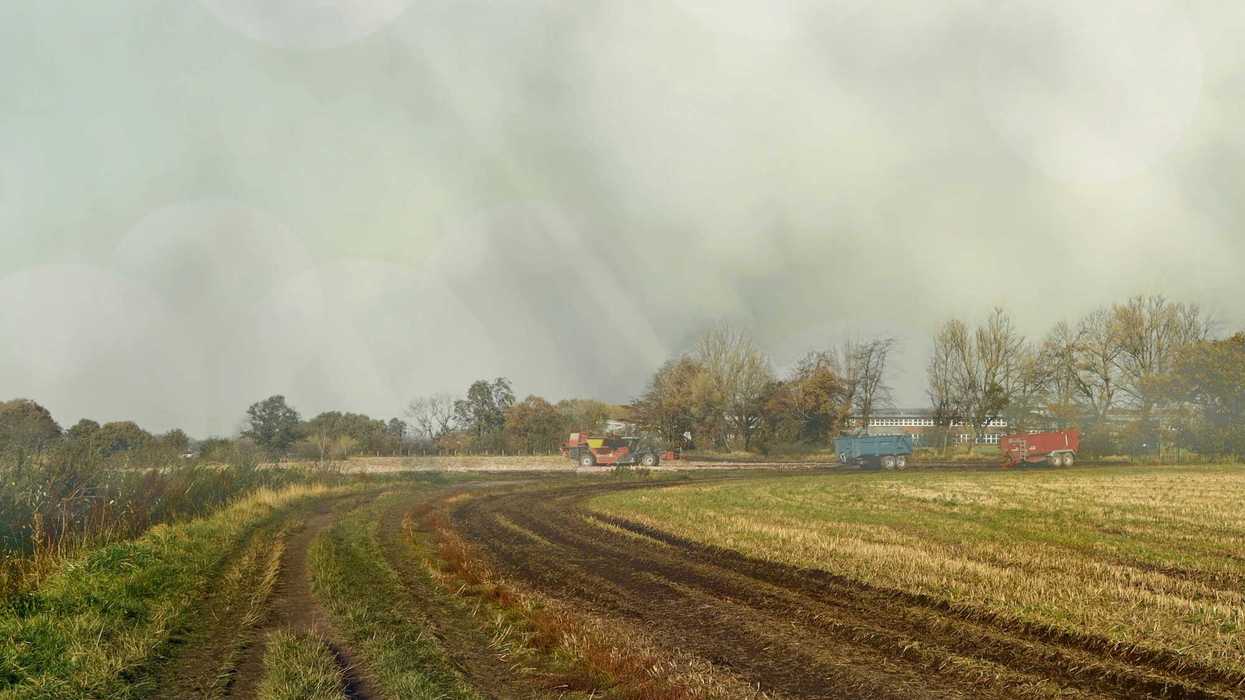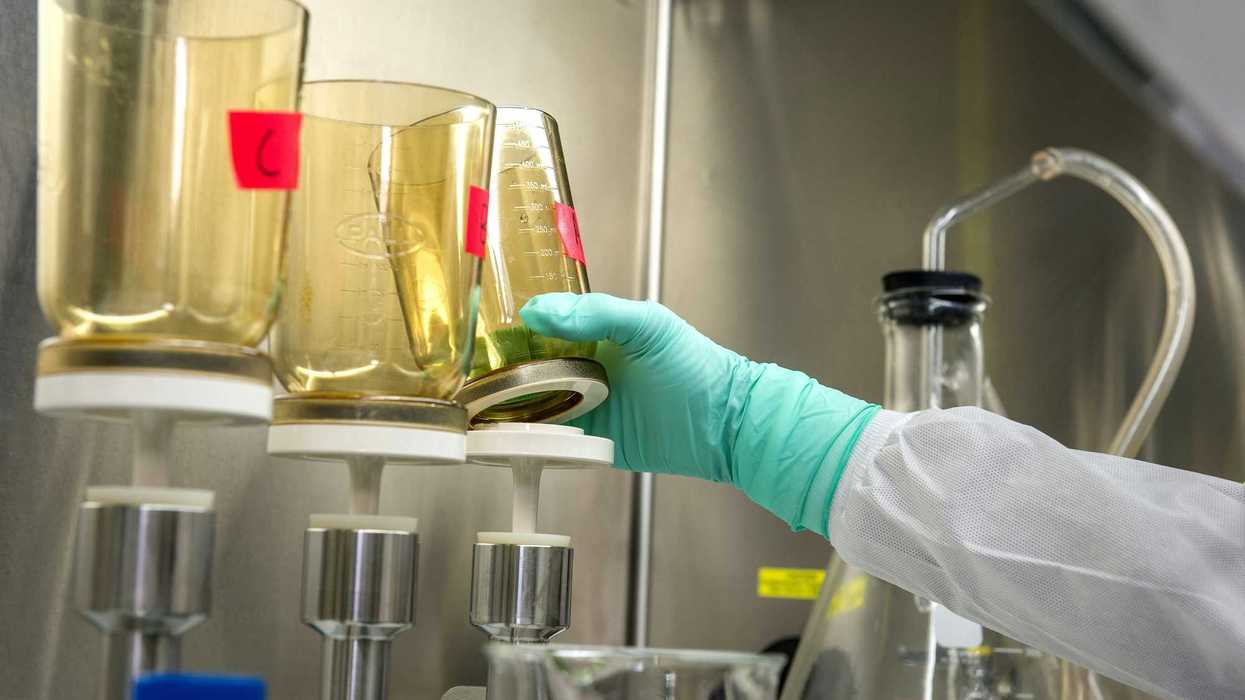In a rare divergence from the national trend, South Dakota experienced a 16% increase in industrial pollution releases, primarily due to a temporary surge at the Smithfield pork plant.
John Hult reports for South Dakota Searchlight.
In short:
- South Dakota's spike in toxic releases contrasts with national and regional declines, with a significant contribution from the Smithfield Foods plant in Sioux Falls.
- The plant's nitrate emissions rose as it updated its treatment facility, a project completed in 2023 that is expected to significantly reduce future releases.
- Smithfield, as the state's largest emitter of toxic materials, faces stricter nitrate release limits under a new EPA permit, aiming to mitigate environmental impacts.
Key quote:
“By making information about industrial management of toxic chemicals available to the public, TRI creates a strong incentive for companies to improve environmental performance.”
— Honor Morgan, EPA
Why this matters:
The pollutants from pork processing plants can compromise water quality, making it unsafe for drinking, recreation, and even irrigation. High levels of nitrates, for example, can contaminate drinking water, posing risks to human health, including methemoglobinemia or "blue baby syndrome" in infants. Better waste management practices at the source, improved treatment of wastewater before discharge, and ongoing monitoring of water quality and biodiversity in affected areas can mitigate these impacts on the ecosystem and public health.














